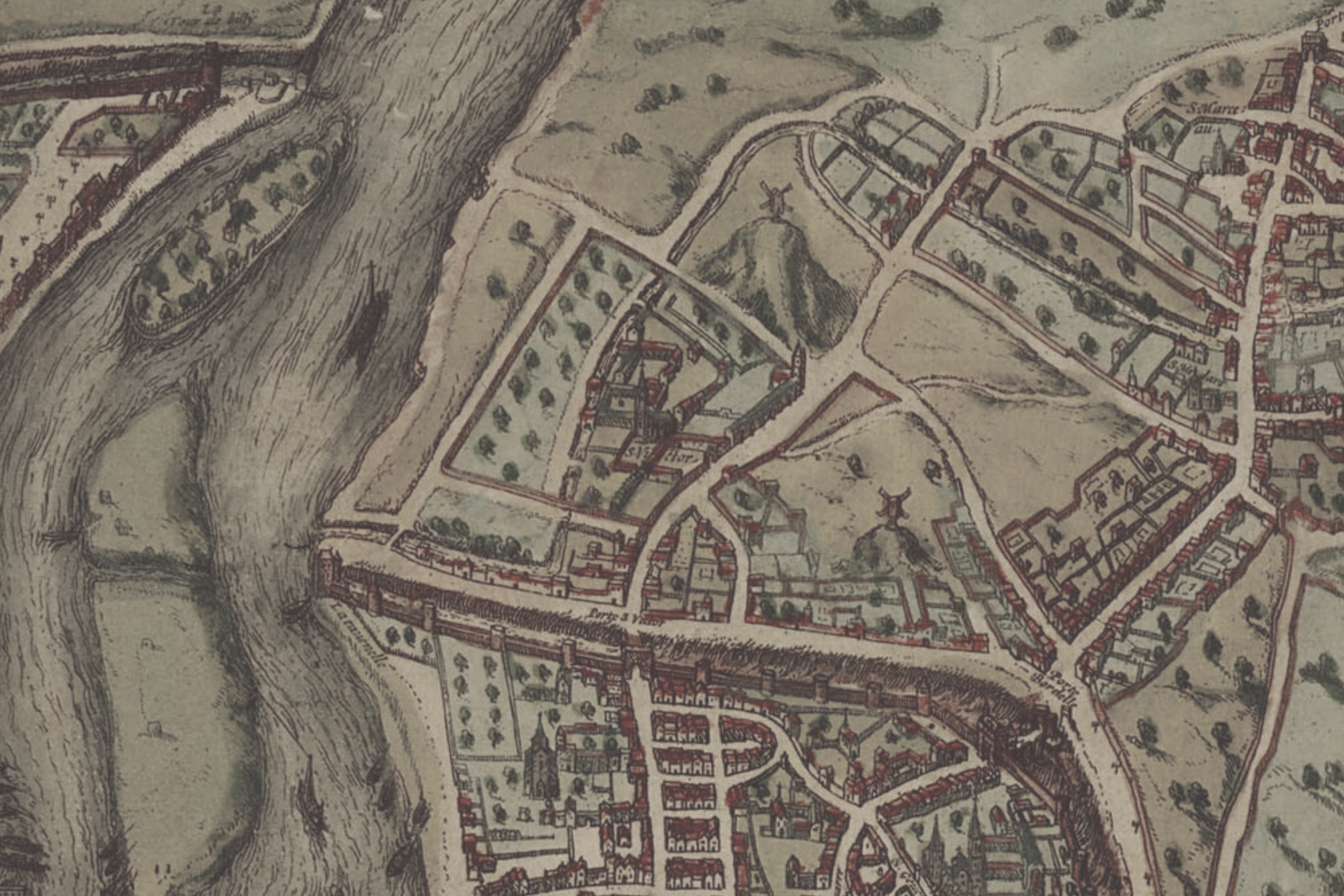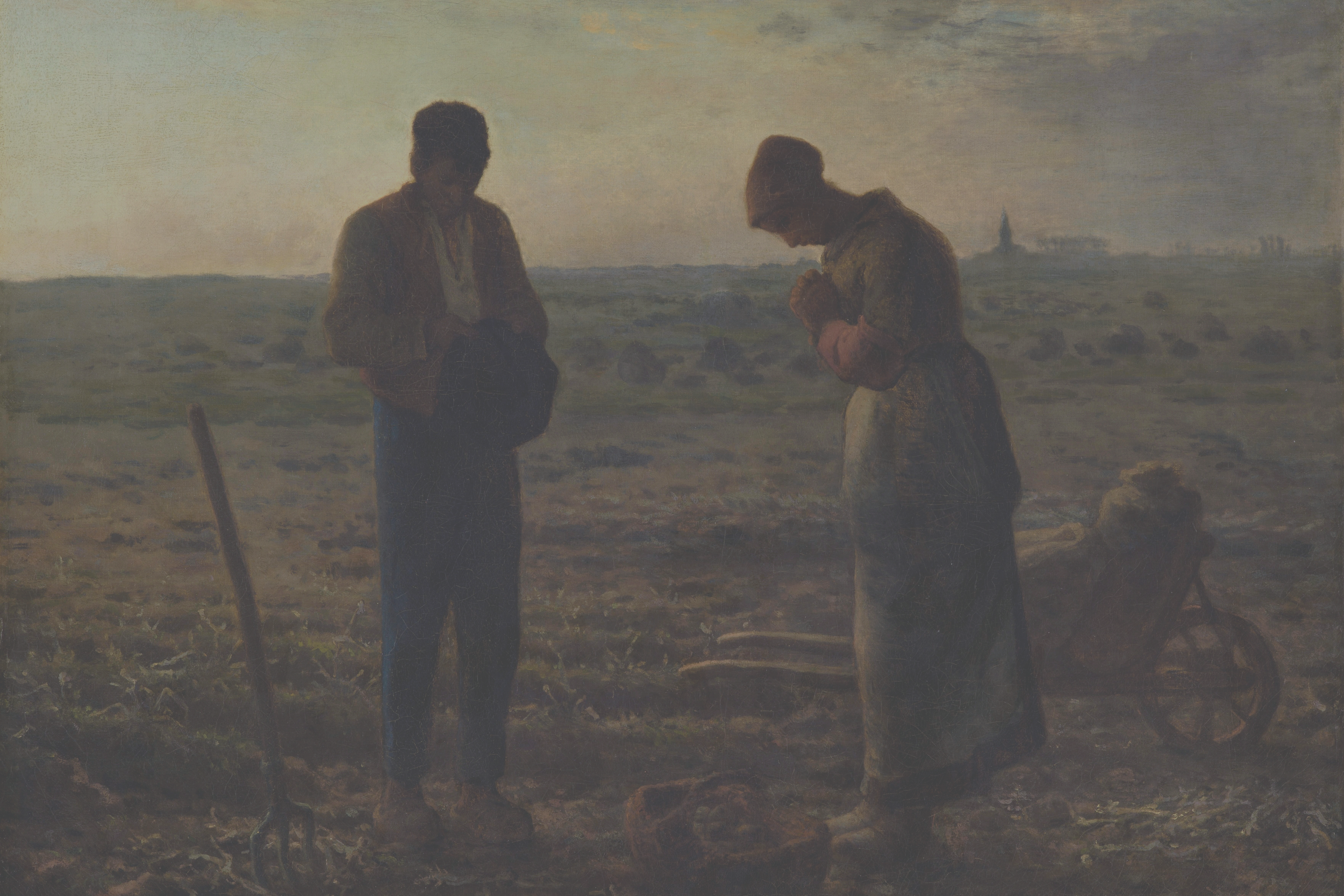
The Greystone Mechanical Arts Program (MAP)
God represents himself in his Word as Master Farmer, Gardener, Builder, and the like, and he has called us, as his image bearers, to adopt the mindset of such crafts in relation not only to the material world but to one another. This is especially important for ministers, who are to exhibit faithfulness by drawing upon all the providential sources of wisdom, both “professional” and ordinary. The title “Mechanical Arts” draws directly from Hugh of St. Victor and his proposal for theological pedagogy in his famous Didascalicon (1120s). The “mechanical arts” or artes mechanicae were identified as seven arts (fabric making, armament, commerce, agriculture, hunting, medicine, and theatrics), and positioned as a parallel to the seven liberal arts. It was Hugh who pushed back against the monastic tradition of ignoring the ordinary “mechanical arts” in theological and ministerial formation. Greystone agrees with Hugh, and our efforts reflect that.
“It is not from ourselves that we learn to be better than we are.”
– Wendell Berry

Following in the steps of Hugh, Greystone seeks to recover the theological and formative significance of highly skilled ordinary laborers whose work bears a particularly valuable relation to creation and providence and, on those grounds, may provide a source of wisdom to those called to the Church’s ministry today. In Scripture and especially in Proverbs, we are directed to the ordinary skilled laborer and the mundane beauties of creation and providence as sources of wisdom. In our own hurried and harried cultural moment however, this vision exists in unresolvable tension with the inattentive pace of life and the professionalization of knowledge. Today, celebrity figures and their platforms tend to overshadow or even displace the ordinary sources of wisdom with which God in his loving providence has surrounded his people: particular churches, families, friendships, and communities.

Rethinking “Application”
The Greystone network of craftspeople (spread throughout the USA and world) includes masters in woodworking, plumbing, farming, gardening, viticulture/wine, medicine, permaculture, automotive mechanics, textiles, culinary arts, teaching, finance, law, and more. Alongside Hugh of St. Victor, other philosophical or theological influences for the MAP include professor of furniture design David Pye, writer and motorcycle mechanic Matthew Crawford, philosopher Roger Scruton, anthropologist Tim Ingold, writer and farmer Wendell Berry, theologian and social critic Ivan Illich, priest and chef Robert Farrar Capon, philosopher of technology Albert Borgmann, and others.
Guided Apprenticeship
Inspired by the book of Proverbs, this program is designed to be both minds-on and hands-on. For a MAP event, the student reads in the theology and philosophy of craft and workmanship, learns hand skills under a master craftsperson in a mentorship setting alongside fellow students, and then reflects after the MAP experience with fellow students and a Greystone mentor to identify ways that excellence in workmanship can translate into excellence in thoughtful, faithful pastoral ministry and Christian life.
Dr. Mark A. Garcia
Greystone's founding President, Dr. Garcia, is also Associate Professor of Systematic Theology at Westminster Theological Seminary in Glenside, PA, USA, and was the pastor at Immanuel Orthodox Presbyterian Church in Coraopolis (Pittsburgh) from 2007 to 2021. Dr. Garcia is also a credentialed sommelier with the Guild of Sommeliers.
Mr. Michael Sacasas
Mr. Sacasas (Greystone Associate Fellow) earned his MA in Theological Studies from Reformed Theological Seminary in 2002. Over the years he has taken a special interest in the work of Hannah Arendt and the resources it offers to those seeking to understand the personal and social implications of emerging technologies.
Mr. Joshua Klein
Mr. Klein (Greystone Associate Fellow) is a ruling elder at Pilgrim Orthodox Presbyterian Church in Bangor, Maine and is founder and editor-in-chief of Mortise & Tenon Magazine. He has been selected for the Early American Life Directory of Traditional American Crafts for his authentic approach to pre-industrial furniture making and has presented about historic craftsmanship at museums around the United States.

Greystone’s
Certificate in Theological Anthropology & Craftmanship
Featuring the following courses (plus an elective course):
Order of Reality: Time, Space, & Vocation
Reformed Catholicity
Theological Anthropology
The Mechanical Arts in Scripture & Theology
Theology of the Body
Register for The Wisdom of the Body Seminar
Open to the Public
Satisfies the MAPII Requirement for Greystone MAR/MDiv
July 24-26, 2024 | Langhorne, PA
Drawing from the work of key figures in the theology of the body, phenomenology, Levitical ontology, and the mechanical arts, this seminar will take an interdisciplinary approach that integrates theoretical and practical components. In addition to reading selected works from Albert Borgmann, Tim Ingold, John Paul II, Julian Marias, Ephraim Radner, and others alongside Proverbs and Leviticus, selected participants will spend time considering and engaging in practices like communal prayer, woodworking, and hospitality that take seriously our existence as embodied creatures.






